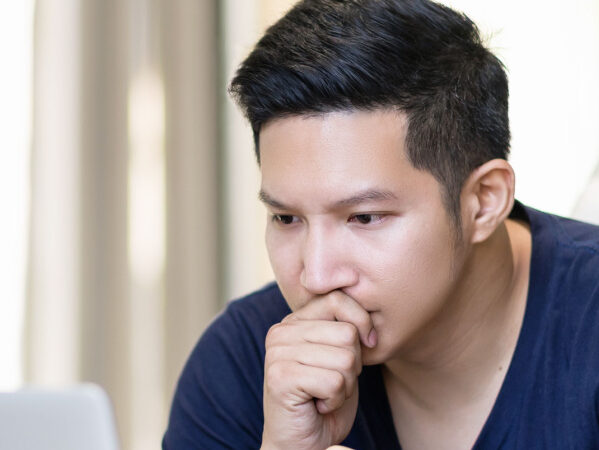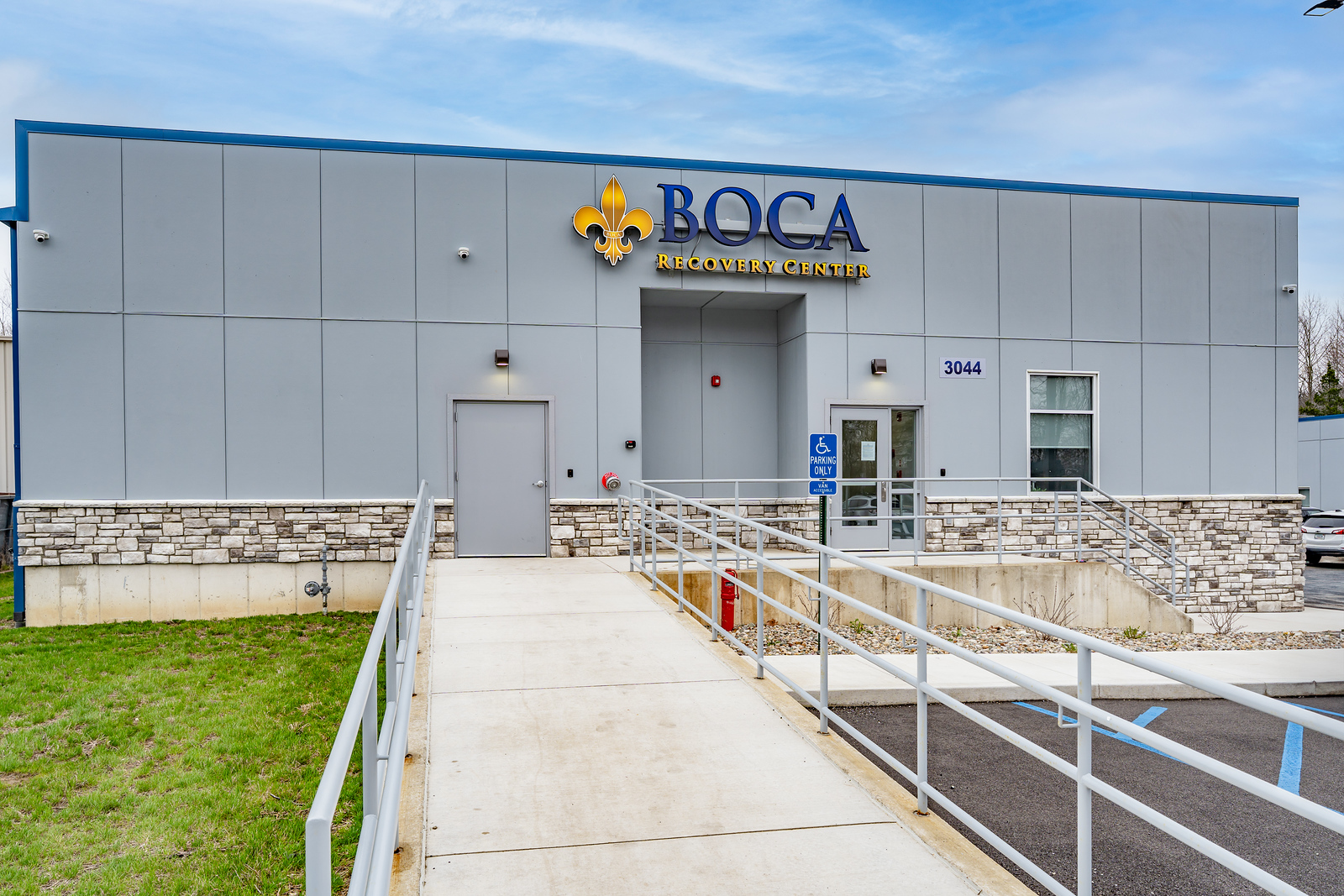What Is Librium?
Librium (chlordiazepoxide) is classified as a psychotropic benzodiazepine that is generally used to treat anxiety disorders, though it is sometimes used to treat acute alcohol withdrawal symptoms.
Librium has been FDA-approved for the short-term treatment of anxiety, particularly for those who experience anxiety before major surgery. It is no longer available in the U.S., but its generic form, chlordiazepoxide, is available.
Librium is classified as a Schedule IV drug. Though they have clear medical uses, Schedule IV drugs have a marked potential to result in abuse and addiction.
Mixing Librium with other substances can result in undesirable side effects, some of which can be dangerous.


Benzodiazepines Side Effects
What Happens When You Mix Librium & Alcohol?
There are many side effects that are the direct result of mixing Librium and alcohol. Symptoms and side effects can be physical, psychological, and behavioral. Side effects range in severity and can be further broken down into short-term and long-term side effects.
Common Side Effects
These are the most common side effects that occur when Librium and alcohol are taken together:
If you have been abusing both alcohol and Librium together, it’s a sign of a problem.
Blurred vision
Confusion
Constipation
Decreased libido
Depression
Extreme drowsiness
Headaches
Increased sedation
Impaired muscle control
Respiratory depression
Skin problems
Severe Side Effects
Though less common, these severe side effects are possible when alcohol and chlordiazepoxide are combined:
Irregular heartbeat
Liver dysfunction
Balance issues
Tremors
Yellowing of the skin
Coma
Death
Long-Term Side Effects
If a benzodiazepine like Librium and alcohol are regularly combined, long-term side effects can occur, such as these:
Addiction or dependence
Memory impairment or loss
Suicidal thoughts
Violent behavior
Allergic Reactions to Librium
Like most powerful medicines, chlordiazepoxide can cause allergic reactions in addition to undesirable symptoms. Some of these allergic reactions can be sudden or delayed.
Possible allergic reactions include the following:
Facial swelling
Swollen lips, mouth, or tongue
Rashes
Hives
Breathing difficulties
What Are the Dangers of Mixing Librium & Alcohol?
If you combine chlordiazepoxide and alcohol, you are putting yourself at serious risk. Possible outcomes include irreparable liver damage, addiction, and overdose.
Addiction
Using the combination of Librium and alcohol has been shown to be habit-forming. The body becomes tolerant to the effects of both chlordiazepoxide and alcohol. They’ll then increase the amount they use of both substances, compounding the risks involved.
Taking more of a drug than prescribed or drinking heavily can lead to increased tolerance in a much quicker time frame. It can also lead to psychological addiction and physical dependence. This often is accompanied by mental health problems, such as anxiety. Many people will use substance abuse to cope with this anxiety, furthering the cycle of abuse.
Liver Damage
Liver damage is a common consequence of long-term alcohol and benzodiazepine abuse. The damage can be mild to extremely severe, depending on a variety of factors.
Late-stage liver damage caused by alcohol abuse may be irreversible. In serious cases, the individual may require an organ transplant.
Although rare, Librium abuse can also result in liver damage. The risk of liver damage increases exponentially when the drug is mixed with alcohol.
Overdose
Taking large doses or taking multiple doses of Librium can cause an overdose. Overdose will always be more likely to occur when Librium is ingested by alternative means, such as snorting, injecting, chewing, or smoking the drug.
Combining alcohol and Librium augments the effects of both substances. This can cause an overdose much faster than taking these substances individually.
Treatment for Substance Abuse
If you have been abusing both alcohol and Librium together, it’s a sign of a problem. It’s likely that you won’t be able to stop your substance abuse without professional help.
Reach out to a professional right away to reduce physical harm as well as other undesirable outcomes that arise from substance abuse. Never stop taking Librium suddenly, as a tapered withdrawal is needed for benzodiazepines. Likewise, you shouldn’t suddenly stop drinking if you have been drinking heavily for a long time. Medical detox is required for both benzodiazepines and alcohol.
While polysubstance abuse can complicate recovery, it’s very common. With the right treatment approach, you can achieve recovery from abuse of both benzodiazepines and alcohol.
- Chlordiazepoxide. (November 2022). StatPearls.
- Chlordiazepoxide-Induced Delirium in a Patient Undergoing Alcohol Withdrawal: A Case Report. (July 2022). Journal of Medical Case Reports.
- Experiences With Benzodiazepine Use, Tapering, and Discontinuation: An Internet Survey. (April 2022). Therapeutic Advances in Psychopharmacology.
- Benzodiazepines and Alcohol. (1990). Journal of Psychiatric Research.
- Problem Drinkers Have Higher ‘Benzo’ Use, UCSF-Kaiser Permanente Study Shows. (December 2019). UCSF.
- Why Mixing Alcohol, Opioids and Benzodiazepines Can Kill. (February 2020). Alcoholism & Drug Abuse Weekly.
- Episode 148 Liver Emergencies Part 1: Acute Liver Failure, Hepatic Encephalopathy, Hepatorenal Syndrome, Liver Test Interpretation & Drugs to Avoid. (November 2020). EM Cases Summary.
- Alcoholic Liver Disease: Pathogenesis and Current Management. (2017). Alcoholic Research Current Reviews.











